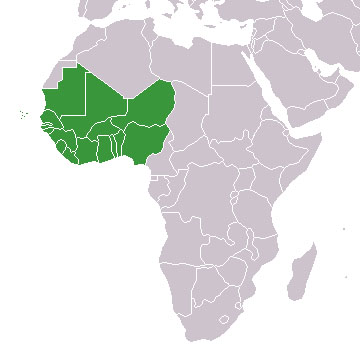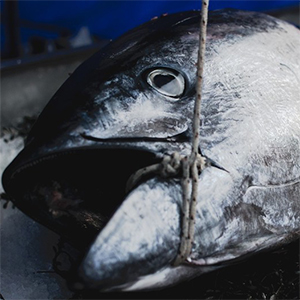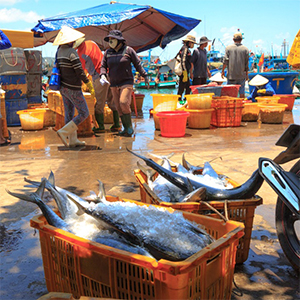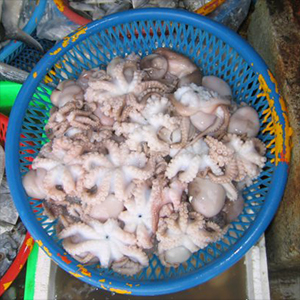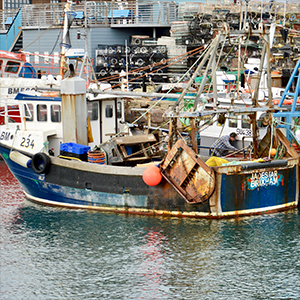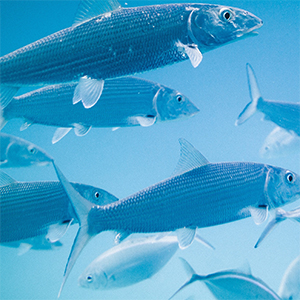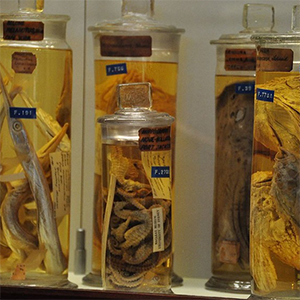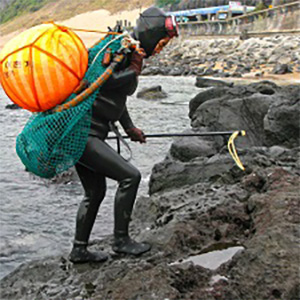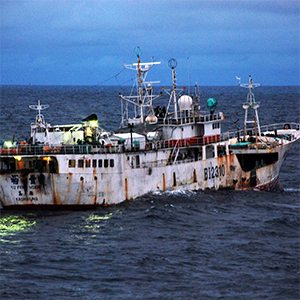FCRR – Assessments of marine fisheries resources in West Africa with emphasis on small pelagics
From a training course entitled “Utilisation de la méthode CMSY pour l’évaluation des stocks ouest-africains” held in September 23-27 2019 in Dakar, Senegal.
Popular fish species disappear from Turkey’s Marmara and Black Seas
Bluefin tuna, swordfish and Atlantic mackerel are among the fish species considered commercially extinct or extirpated on the Turkish side of the Marmara and Black Seas.
Treating fish as a public health asset can strengthen food security in lower-income countries
The food and nutrient security of billions of people worldwide depend on fish being treated as a domestic public health asset instead of a commodity.
Popular seafood species in sharp decline around the world
Of the fish populations analyzed, 82% were found to be below levels that can produce maximum sustainable yields. Of these, 87 populations were found to be in the “very bad” category, with biomass levels at less than 20% of what is needed to maximize sustainable fishery catches.
COVID-19 and BREXIT can help with the recovery of UK fish stocks
The researchers propose fishing targets be set to levels in which fishers leave more fish in the water than the minimum required to generate maximum sustainable yields
FCRR – Marine and Freshwater Miscellanea II
The second collection of articles by Daniel Pauly and colleagues that were deemed not suitable for peer-reviewed scientific journals, but which readers may find of interest.
New use for museum fish specimens
Some fish are difficult to reach and a museum specimen may be the only known representative of the species. Using preserved fish specimens is a more precise way to learn.
Fisherwomen contribute tonnes of fish, billions of dollars to global fisheries
UBC study assembled and presented the first quantitative estimates of catch by women and the associated value of what is brought to shore, on a global scale.
Billions lost as illicit fisheries trade hurting nations who can afford it least
Eight to 14 million tonnes of unreported fish catches are traded illicitly every year, costing the legitimate market between $9 and $17 billion in trade each year.
Daniel Pauly wins BBVA Frontiers of Knowledge Award
He, and two others, are being recognized for “their seminal contributions to our understanding of the world’s oceans, and their efforts to protect and conserve marine biodiversity and oceanic ecosystem services in a rapidly changing world.”
